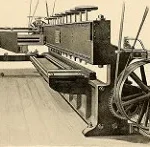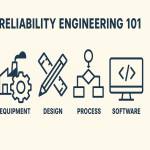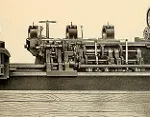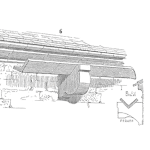
An Interview with James Blackwell, CTO and Co-founder of Roost Inc.

James Blackwell is a wireless industry veteran with over 25 years of leadership experience in the design and manufacturing of Bluetooth and Wi-Fi systems, including CSR and Ozmo Devices.














 Ask a question or send along a comment.
Please login to view and use the contact form.
Ask a question or send along a comment.
Please login to view and use the contact form.